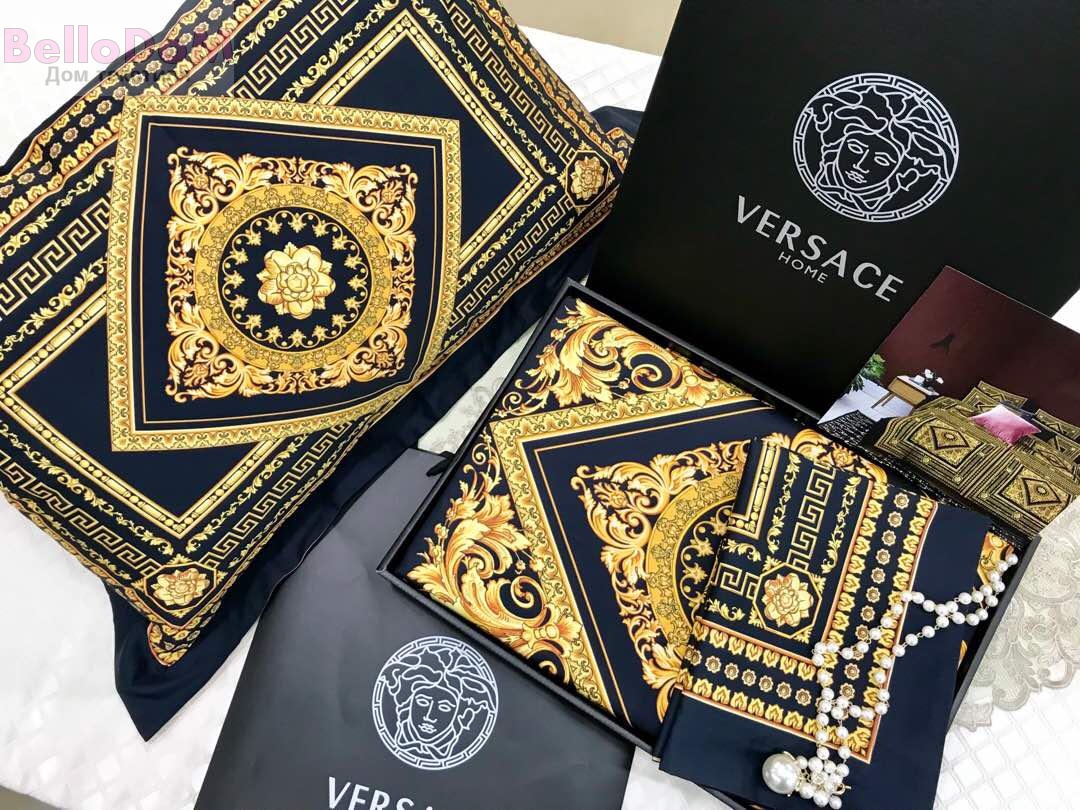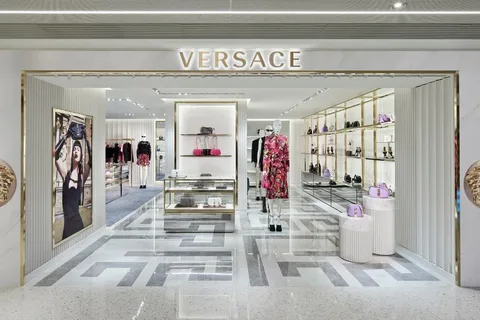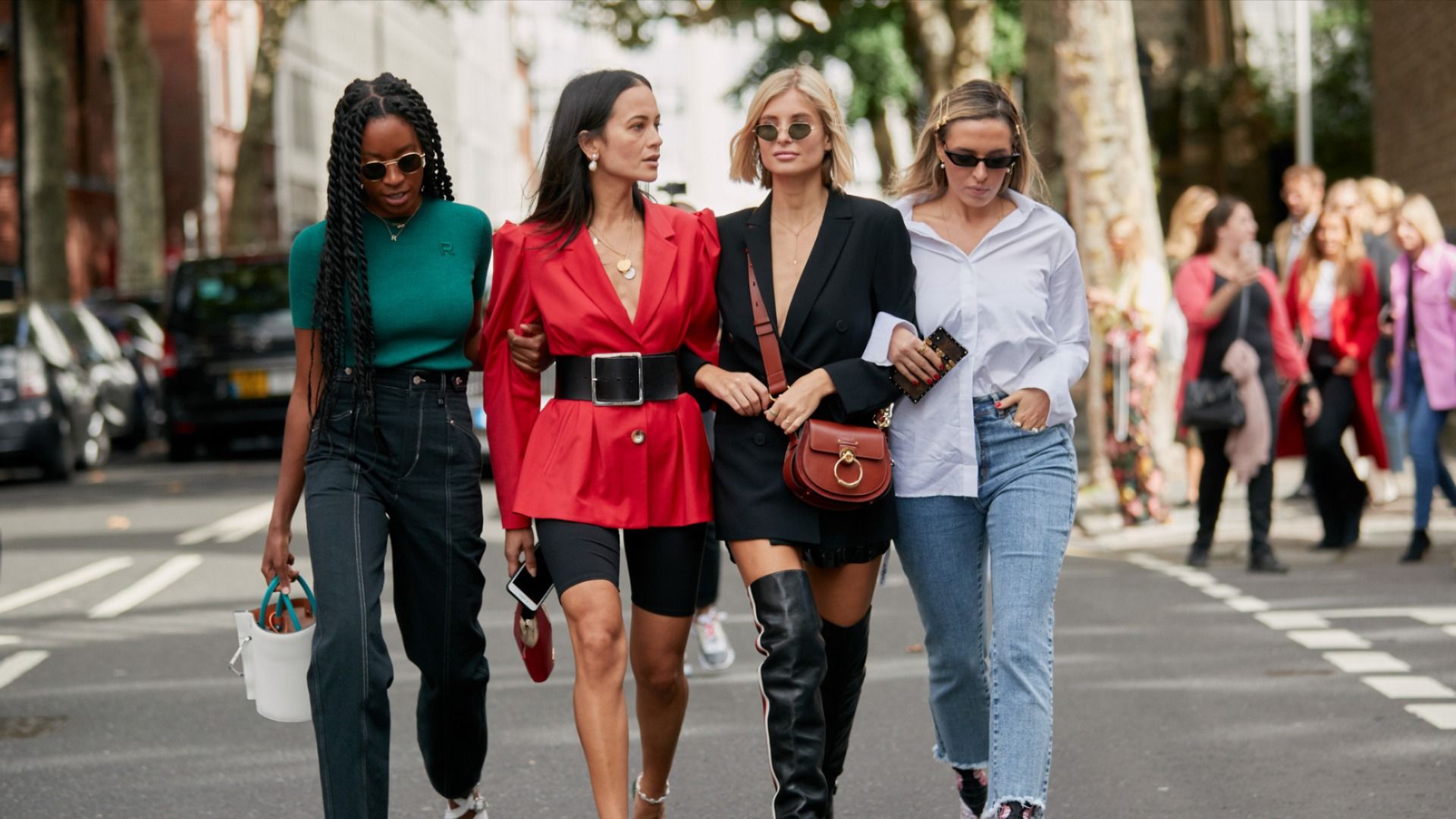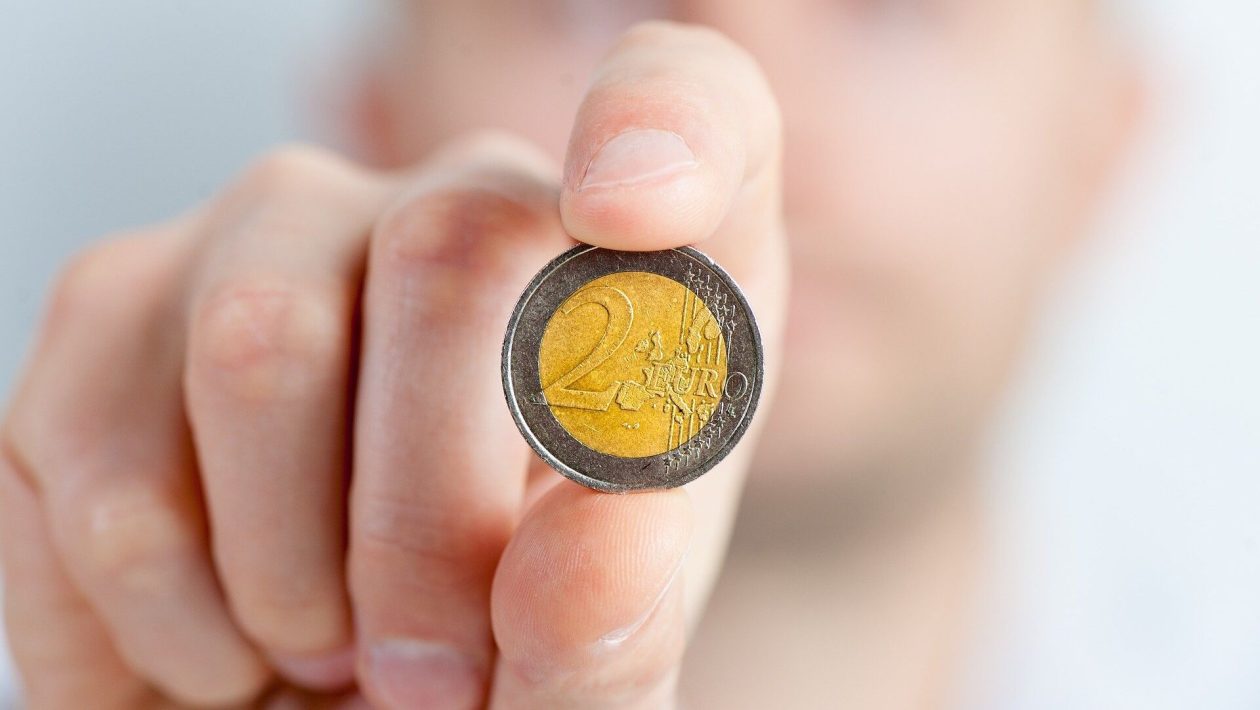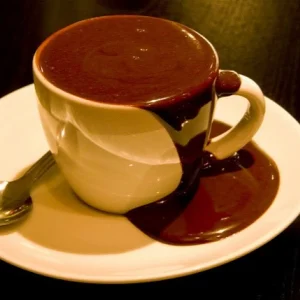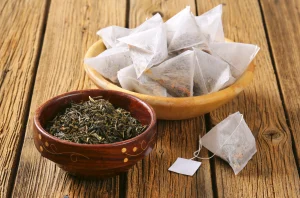Prada’s recent acquisition of Versace marks the birth of a giant in the Italian luxury industry, but the presence of foreign capital is still important
Prada has announced that it has reached a definitive agreement to acquire 100% of Versace from Capri Holdings. The €1.25 billion deal marks a turning point in the history of the Italian luxury goods market. Patrizio Bertelli, Chairman and CEO of Prada, expressed enthusiasm for the transaction, emphasizing a shared commitment to creativity and cultural heritage.
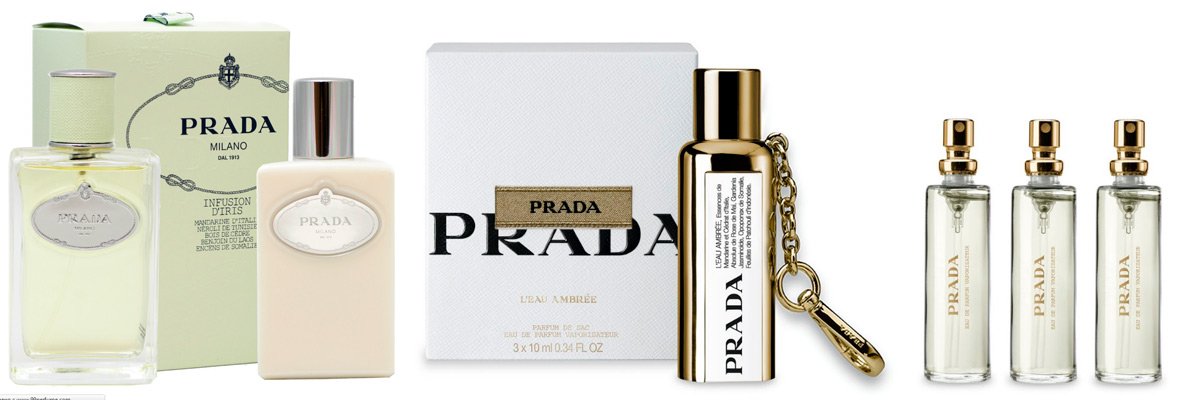
Balance: predominantly foreign Italian fashion
Analyzing the current situation of the main Italian fashion brands, a remarkable picture emerges: of the more than 30 historical brands examined, thanks to the recent acquisition of Versace by Prada, about one third remain under Italian control and two thirds are in the hands of foreigners. Of the latter, most are controlled by French groups, followed by American, Middle Eastern and Asian funds.
Versace, previously acquired by Capri Holdings (formerly Michael Kors) in 2018, is now back under Italian control. A significant part of historic Italian brands is still under the control of foreign groups, which for many years have been selecting the most iconic and representative Made in Italy brands. The most significant in this sense are the French.
The French luxury empire
The LVMH and Kering groups continue to be the two world leaders in luxury goods. The LVMH (Louis Vuitton Moët Hennessy) group of tycoon Bernard Arnault owns Bulgari (acquired in 2011), Fendi (acquired in 2001), Loro Piana (acquired in 2013), Acqua di Parma (acquired in 2001), Emilio Pucci (acquired in 2000), among others. While François-Henri Pinault ‘s competitor Kering owns Italian brands such as Gucci (acquired in 2004), Bottega Veneta (acquired in 2001), Pomellato and DoDo (acquired in 2013), and Brioni (acquired in 2012).
The French influence partly extends to the luxury down jacket brand Moncler: LVMH has actually entered the holding company that controls Remo Ruffini’s company.
International capitals
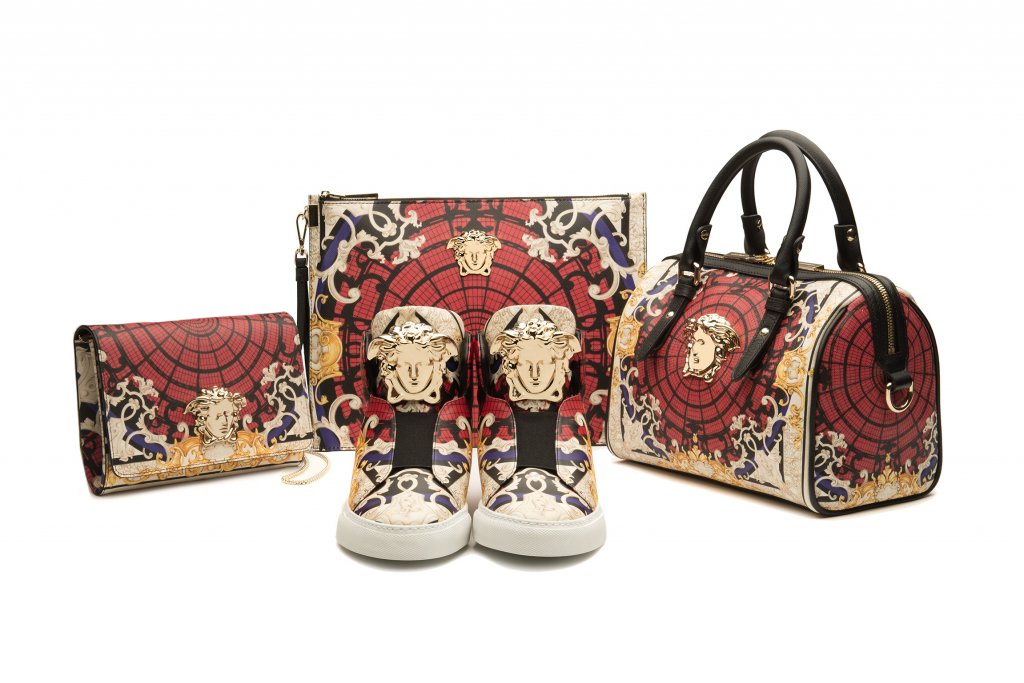
There is also a significant presence of other international investors. The Sergio Rossi shoe brand was acquired in 2021 by the Chinese Fosun Fashion Group (now Lanvin Group). Golden Goose, known for its luxury sneakers, was taken over by Permira, a global private equity fund headquartered in London, in 2020.
Italian luxury influenced by the Middle East
The presence of Middle Eastern countries in the Italian luxury industry is particularly significant. The historic Valentino brand, founded in 1960 by Valentino Garavani, has been controlled since 2012 by the Qatari sovereign fund Mayhoola for Investments, 30% of which was recently acquired by Kering. The brand, synonymous with Italian elegance and sophistication, has changed owners several times over the past twenty years before coming under Qatari control. As of 2019, Roberto Cavalli is owned by Vision Investment Co. a Dubai-based investment company controlled by real estate tycoon Hussein Sajwani.
When foreigners do damage Cases of failed foreign management are not scarce: La Perla, the prestigious luxury lingerie brand, was acquired in 2018 by the Sapinda fund managed by German investor Lars Windhorst, before being taken over by the Tennor Holding group in 2023. After the opening of liquidation, the company is waiting for a new owner.
The brands are still Italian
Those that remain completely Italian are: Giorgio Armani, representing a unique case in the panorama of Italian fashion, which has maintained complete independence thanks to the firm will of its founder, who in his 90s is still in full control of a company valued at around ten billion euros; Prada, which, in addition to Versace, also controls Miu Miu, Church’s and Car Shoe; Dolce & Gabbana, Brunello Cucinelli, Moschino (acquired by the Aeffe group in 2013), Salvatore Ferragamo (with an Italian majority but with Chinese participation), Tod’s (which also controls Hogan and Fay and has a stake in LVMH), Missoni.
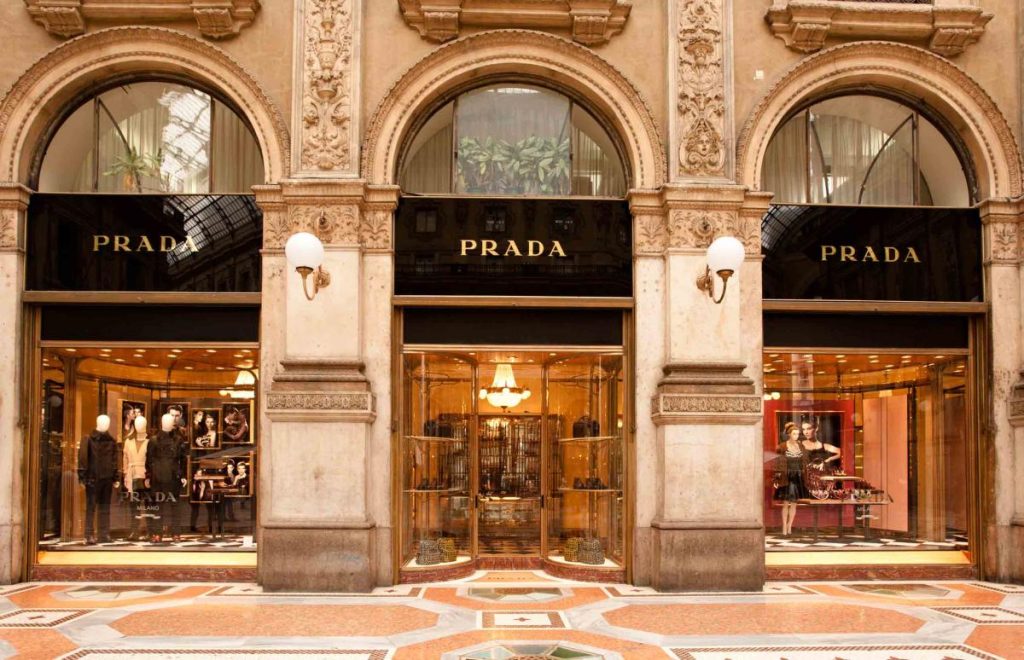
The latter group, founded in 1953 by Ottavio and Rosita Missoni, has managed to maintain its independence in Italy despite the difficulties of the global market. In 2018, the Italian investment fund FSI (Fondo Strategico Italiano) acquired a 41.2% stake in the fashion house, leaving 58.8% to the Missoni family . This was a significant injection of capital that allowed the brand, known worldwide for its distinctive zigzag patterns and colorful finishes, to continue its expansion while maintaining its Italian DNA. Under the creative direction of first Angela Missoni and then Filippo Grazioli, the brand continues to be a symbol of Made in Italy and has managed to evolve while remaining true to its roots.
A special case is Trussardi, which has undergone alternating events: from 2019, 60% of the company’s shares were controlled by the Italian QuattroR fund and 40% by the Trussardi family, before being taken over by an Italian asset management group in 2022 and becoming part of the Miroglio group in March 2024.
